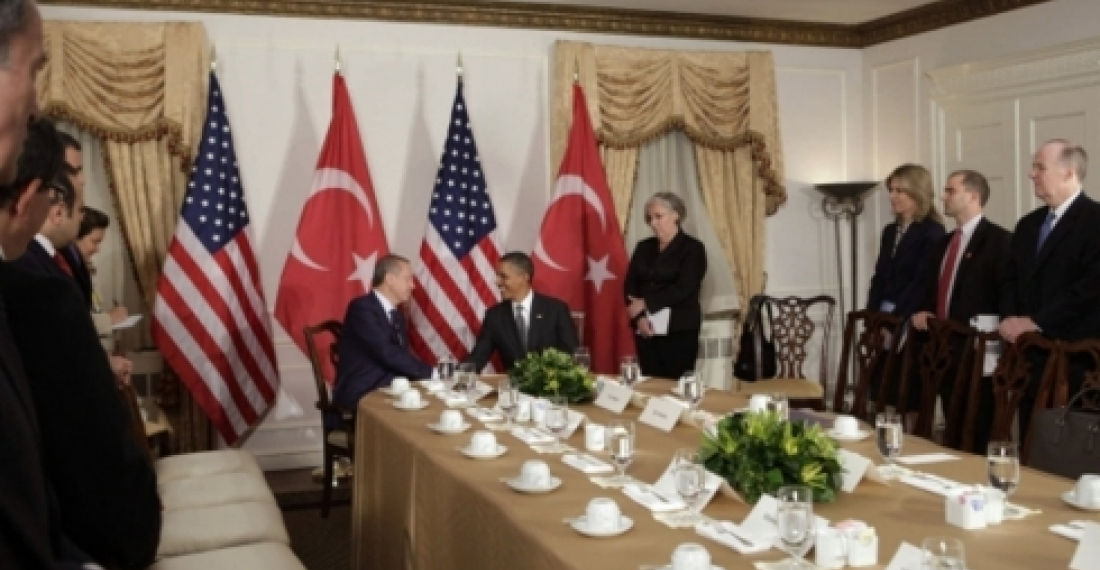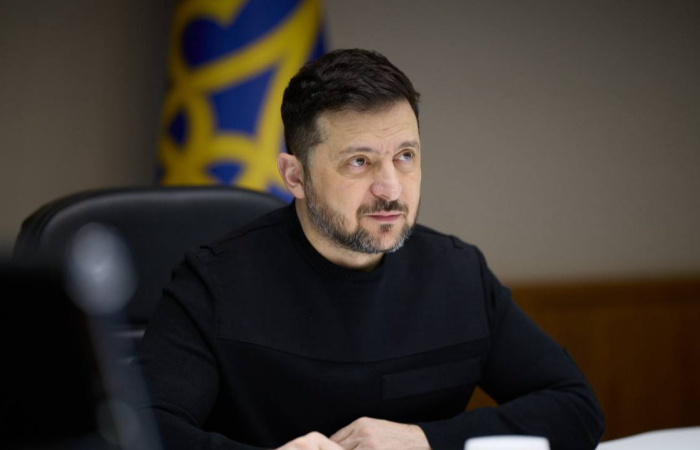US President Barak Obama and Turkish Prime Minister Recep Tayyib Erdogan met at the Waldorf Astoria Hotel in New York yesterday on the margins of the United Nations General Assembly in New York. The meeting took place at a time of increased turmoil in the Middle East which has seen Turkey play a major role as a regional player. Erdogan himself has just returned from a tour of North African countries. Turkey is at the moment also locked in a dispute with Israel which is causing concern to the US administration.
The United States highly values Turkey as a regional ally but has been watching the new assertivness in Turkish foreign policy for signs as to where this is going. The two sides have been careful not to let differences in their positions develop into public recriminations but serious differences of opinion on Palestine, Iran, Cyprus and the future of the region persist.
President Obama in his meeting with the Turkish Premier expressed condolences for the victims of the terrorist attack which took place in Ankara a few hours before the meeting between the two leaders, and which killed four people.
source: commonspace.eu
picture: President Obama and Prime Minister Erdogan before the start of their meeting in New York on 20 September (picture courtesy of the White House)







